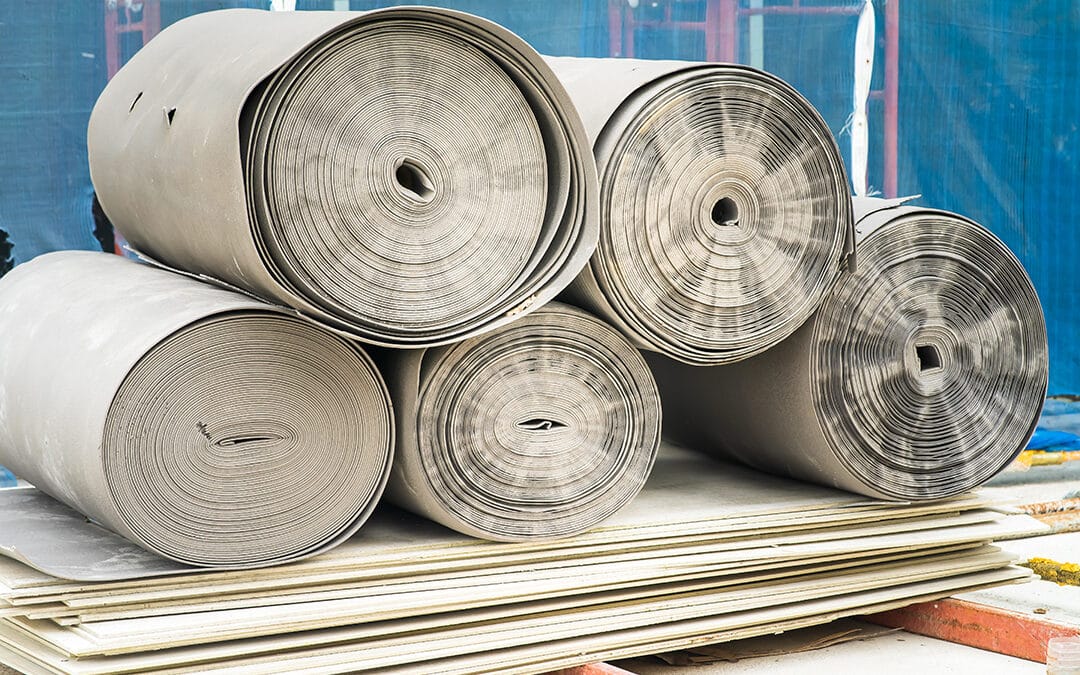In today’s world, where sustainability and energy conservation are paramount, the quest for energy-efficient solutions has found a significant ally in insulation. For commercial buildings, the role of insulation in boosting energy efficiency cannot be overstated. Not only does it help in reducing energy costs, but it also contributes to environmental sustainability and enhances the comfort of occupants. This article explores the importance of insulation in commercial buildings, including its role in roofing, and its far-reaching benefits.
Understanding the Basics
Insulation is a material used to restrict the flow of heat, sound, or electricity. In the context of commercial buildings, thermal insulation is of primary concern. It helps maintain a consistent temperature inside the building by reducing heat transfer through walls, roofs, and floors. By doing so, it lessens the need for heating and cooling, ultimately reducing energy consumption.
Energy Efficiency and Cost Savings

One of the most compelling reasons for insulation in commercial buildings is its potential for significant energy savings. Well-insulated buildings require less energy to maintain a comfortable indoor temperature. In colder climates, insulation traps heat inside, reducing the need for constant heating. In warmer regions, it prevents the intrusion of outdoor heat, reducing air conditioning requirements. The net result is lower energy bills and substantial cost savings for building owners and tenants.
Sustainability and Reduced Environmental Impact

The use of insulation aligns with broader sustainability goals. Energy-efficient buildings reduce greenhouse gas emissions, making them more environmentally friendly. In an era when businesses are increasingly conscious of their carbon footprint, an energy-efficient commercial building is a positive step toward sustainability. This not only benefits the environment but also enhances a company’s reputation for responsible business practices.
Improved Comfort for Occupants

Insulation is not only about cost savings and sustainability; it significantly improves the comfort of the people who work in or visit commercial buildings. Consistent indoor temperatures are essential for productivity and well-being. With proper insulation, temperature fluctuations are minimized, creating a more comfortable and productive environment. Employees are happier, and customers are more likely to stay longer, leading to potential business growth.
Enhanced Building Durability
Beyond energy efficiency, insulation also plays a crucial role in maintaining the structural integrity of commercial buildings. It protects against moisture intrusion, preventing mold growth, rot, and other forms of damage. Insulation can also extend the life of roofing materials by reducing temperature-induced expansion and contraction, which can lead to cracks and leaks.
Commercial Roof Insulation
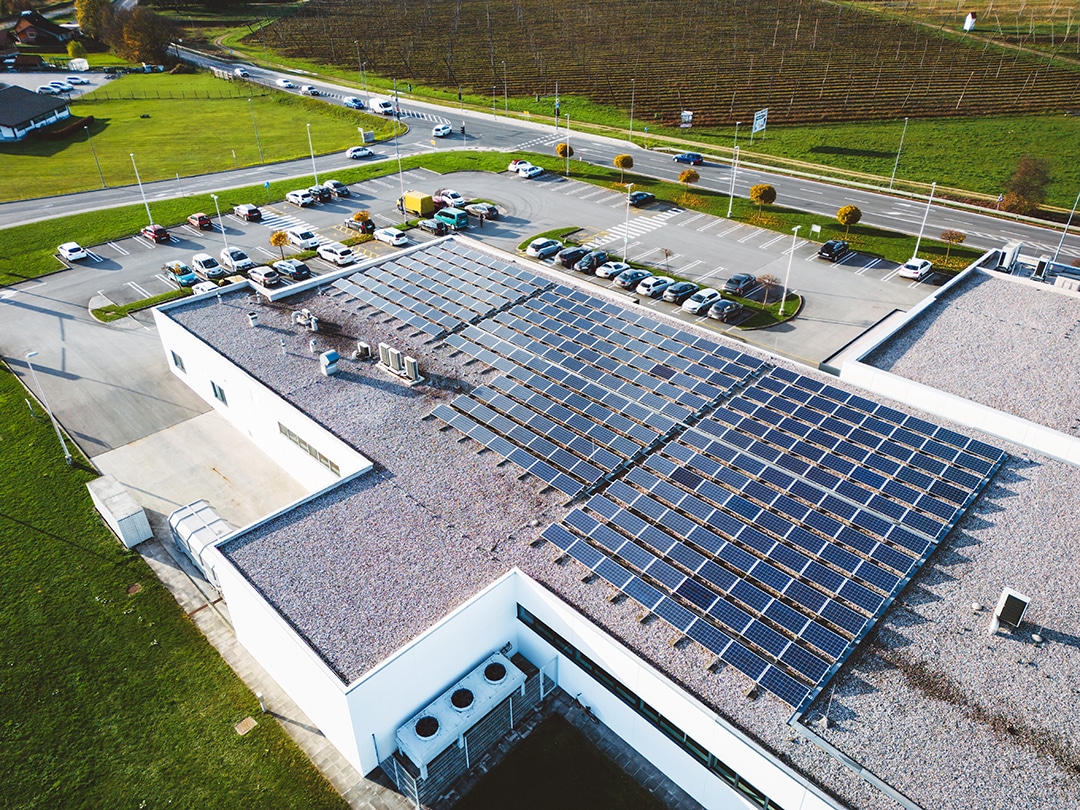
When it comes to commercial buildings, roof insulation is of particular significance. A well-insulated roof acts as a barrier against heat gain in the summer and heat loss in the winter. It also protects against moisture infiltration and condensation issues. Proper roof insulation is essential for creating an energy-efficient building envelope.
Types of Roof Insulation
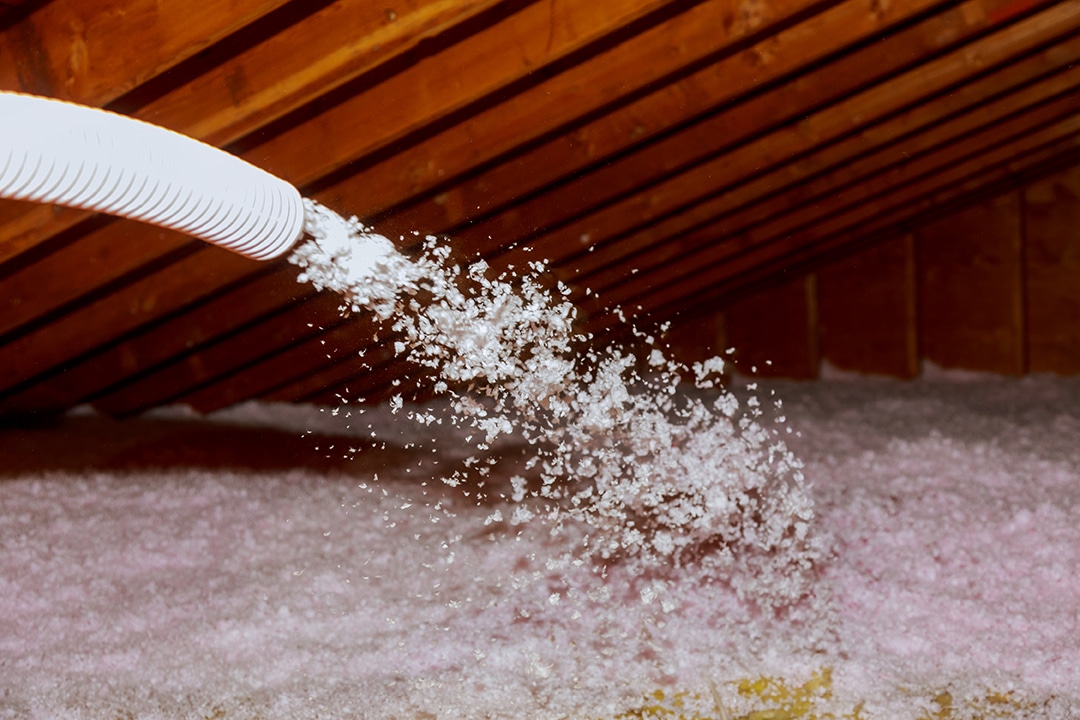
Commercial roof insulation comes in several forms, including:
Spray Foam Roof Insulation: This is a versatile option that provides an effective thermal barrier. It is sprayed directly onto the roof deck, creating a seamless insulation layer.
Rigid Board Insulation: These boards are lightweight and easy to install. They offer excellent thermal performance and are commonly used in commercial roofing systems.
Reflective Roof Insulation: This type of insulation reflects radiant heat, reducing the amount of heat absorbed by the roof. It is often used in regions with hot climates to maintain a cooler building interior.
Benefits of Roof Insulation
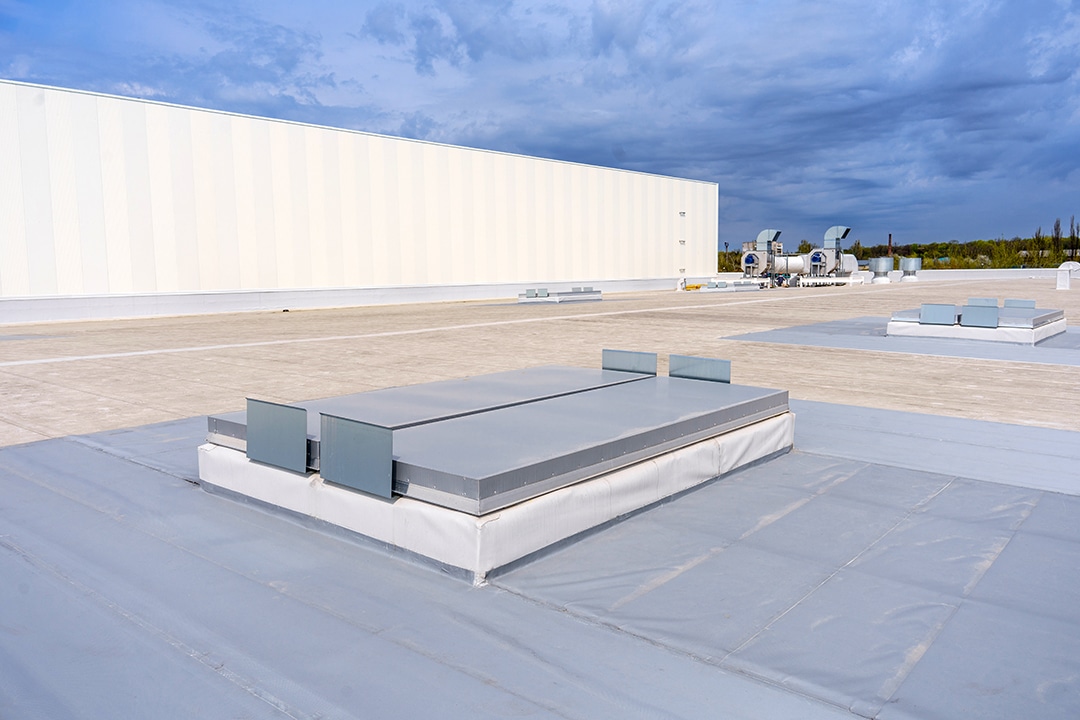
Proper roof insulation offers several benefits:
Energy Efficiency: Roof insulation reduces the need for constant heating and cooling, resulting in significant energy savings.
Moisture Control: It helps prevent moisture infiltration, condensation, and potential water damage.
Extended Roof Lifespan: By reducing temperature-induced expansion and contraction, roof insulation can prolong the life of roofing materials.
Improved Indoor Comfort: Consistent indoor temperatures create a more comfortable environment for occupants.
Considerations for Insulation
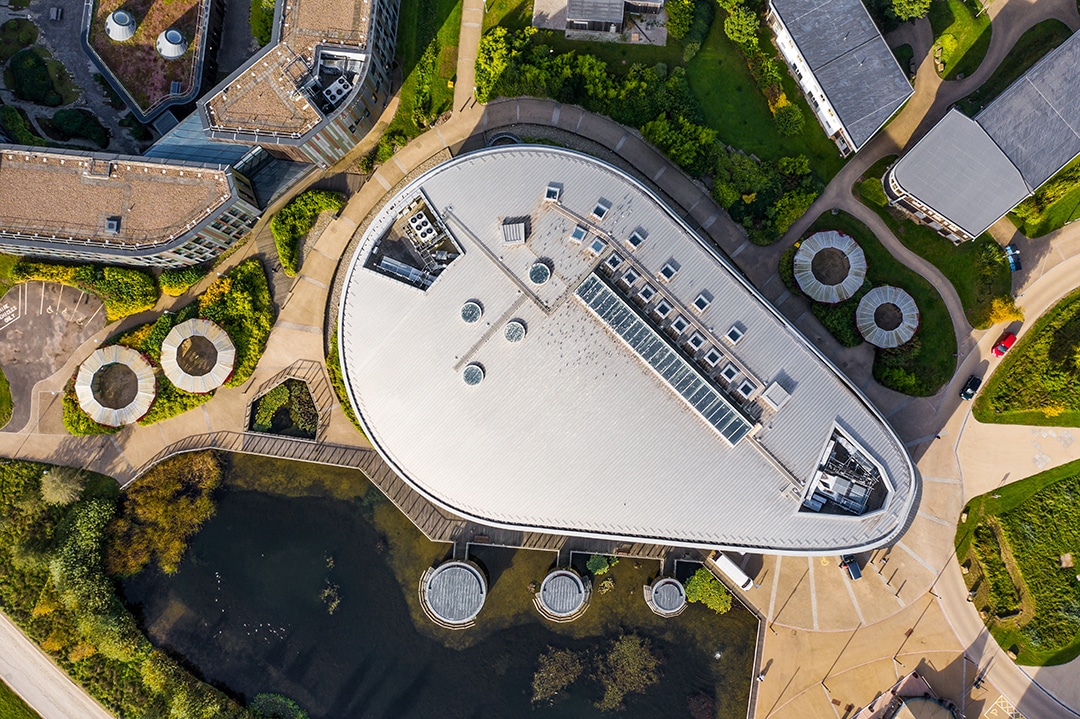
When implementing insulation in a commercial building, several factors should be taken into account:
Building Design: The insulation strategy should be integrated into the building’s design to ensure optimal performance and cost-effectiveness.
Climate and Location: The local climate and geographical location of the building should inform the choice of insulation materials and thickness.
Budget: Balancing the upfront cost of insulation with long-term energy savings is crucial for cost-effective solutions.
Maintenance: Regular inspection and maintenance of insulation are necessary to ensure its continued effectiveness.
In conclusion, insulation is a cornerstone of energy efficiency in commercial buildings. Its ability to reduce energy costs, enhance sustainability, improve occupant comfort, and prolong building durability makes it an essential component of modern construction. As the world continues to focus on environmental responsibility and resource conservation, the role of insulation in commercial buildings will only grow in significance. Building owners and operators should recognize that investing in insulation is an investment not only in cost savings but also in a more sustainable and comfortable future.
For professional and expert commercial roof insulation services, you can rely on Allweather Roof, a leading commercial roofing company with a strong commitment to enhancing energy efficiency and sustainability in commercial buildings.

